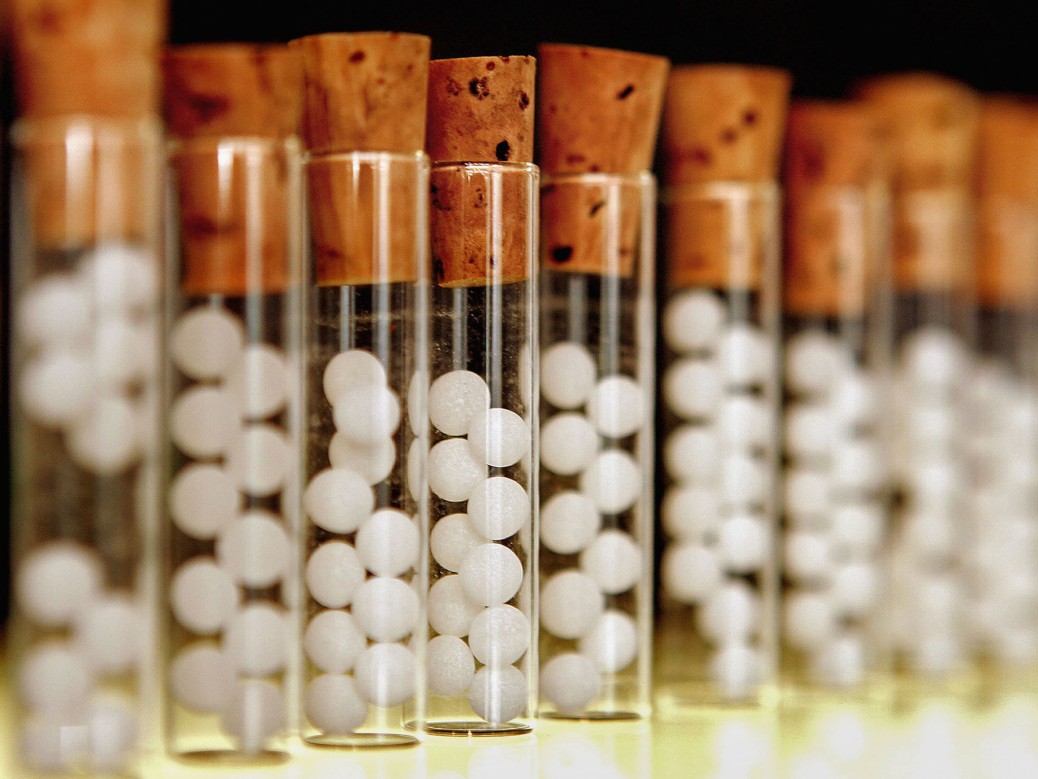Adenomyosis occurs when the tissue that normally lines the uterus (endometrial tissue) grows into the muscular wall of the uterus. The displaced tissue continues to act normally – thickening, breaking down and bleeding – during each menstrual cycle. An enlarged uterus and painful, heavy periods can result.
Symptoms
Sometimes, adenomyosis causes no signs or symptoms or only mild discomfort.
However, adenomyosis can cause:
- Heavy or prolonged menstrual bleeding
- Severe cramping or sharp, knifelike pelvic pain during menstruation (dysmenorrhea)
- Chronic pelvic pain
- Painful intercourse (dyspareunia)
Causes
The cause of adenomyosis isn’t known. There have been many theories, including:
- Invasive tissue growth. Some experts believe that endometrial cells from the lining of the uterus invade the muscle that forms the uterine walls. Uterine incisions made during an operation such as a cesarean section (C-section) might promote the direct invasion of the endometrial cells into the wall of the uterus.
- Developmental origins. Other experts suspect that endometrial tissue is deposited in the uterine muscle when the uterus is first formed in the fetus.
- Uterine inflammation related to childbirth. Another theory suggests a link between adenomyosis and childbirth. Inflammation of the uterine lining during the postpartum period might cause a break in the normal boundary of cells that line the uterus.
- Stem cell origins. A recent theory proposes that bone marrow stem cells might invade the uterine muscle, causing adenomyosis.
Regardless of how adenomyosis develops, its growth depends on the body’s circulating estrogen.
Risk Factors
Risk factors for adenomyosis include:
- Prior uterine surgery, such as C-section, fibroid removal, or dilatation and curettage (D&C)
- Childbirth
- Middle age
Most cases of adenomyosis – which depends on estrogen – are found in women in their 40s and 50s. Adenomyosis in these women could relate to longer exposure to estrogen compared with that of younger women. However, current research suggests that the condition might also be common in younger women.
Complications
If you often have prolonged, heavy bleeding during your periods, you can develop chronic anemia, which causes fatigue and other health problems.
Although not harmful, the pain and excessive bleeding associated with adenomyosis can disrupt your lifestyle. You might avoid activities you’ve enjoyed in the past because you’re in pain or you worry that you might start bleeding.
Diagnosis And Treatment of Adenomyosis
- Signs and symptoms always lead the doctor to suspect for adenomyosis (heavy painful prolonged periods)
- The pelvic examination would reveal an enlarged uterus with tenderness during the examination.
- The ultrasound would reveal the presence of adenomyosis.
- Mri would give a more clear picture of the uterus.
- Endometrial biopsy is done to rule out other possible serious conditions.
Treatment of Adenomyosis
- The conventional treatment of adenomyosis is anti-inflammatory drugs which would help in getting rid of the pain.
- Artificial hormone supplementation would help in the overall improvement of the symptoms.
- Hysterectomy is advised if the pain is unbearable and heavy bleeding can’t be controlled.
Management of Adenomyosis
Homeopathic medicine for pain in the pelvic region can help to treat adenomyosis problems in women.
- To manage a case of adenomyosis, the symptoms have to be managed first hand
- Warm baths help in relieving pain.
- Also, advise the patient to use heating pads to get rid of pain in the abdomen.
- A healthy diet would help in keeping the patient healthy.
- Regular exercise
- Iron supplementation helps in cases with anemia.
- Homeopathic medicines would help in treating the cases permanently.
Homeopathic Treatment of Adenomyosis
Homeopathic management includes medicine based on the constitution of the female. A thorough case taking would help in better analysis of the case.
Do’s & Don’ts in Adenomyosis
Follow these things of you are suffering from Adenomyosis problem
- Take a healthy diet
- Do regular exercise
- Use heating pads
- Take warm baths
- Keep yourself hydrated
Don’t Follow these things of you are suffering from Adenomyosis problem
- Don’t smoke
- Don’t take alcohol











